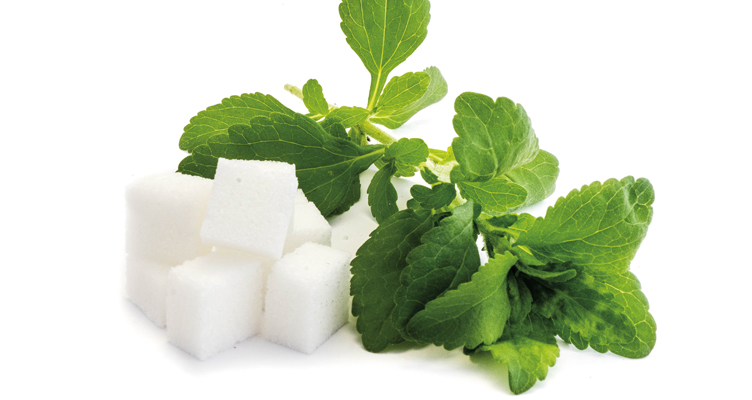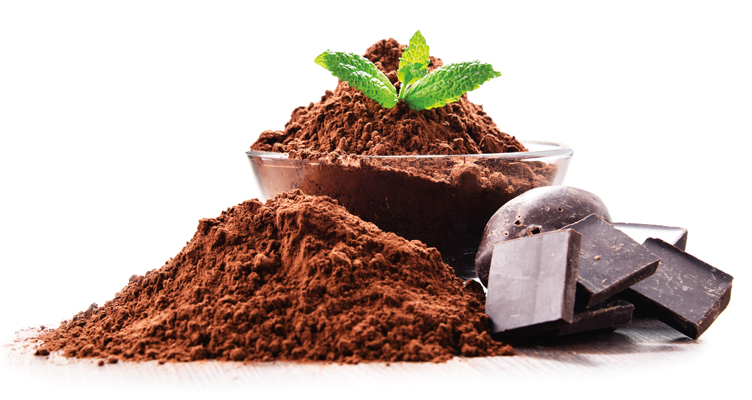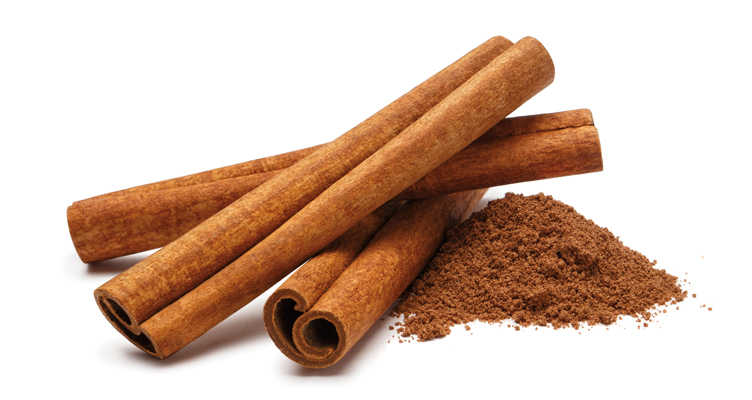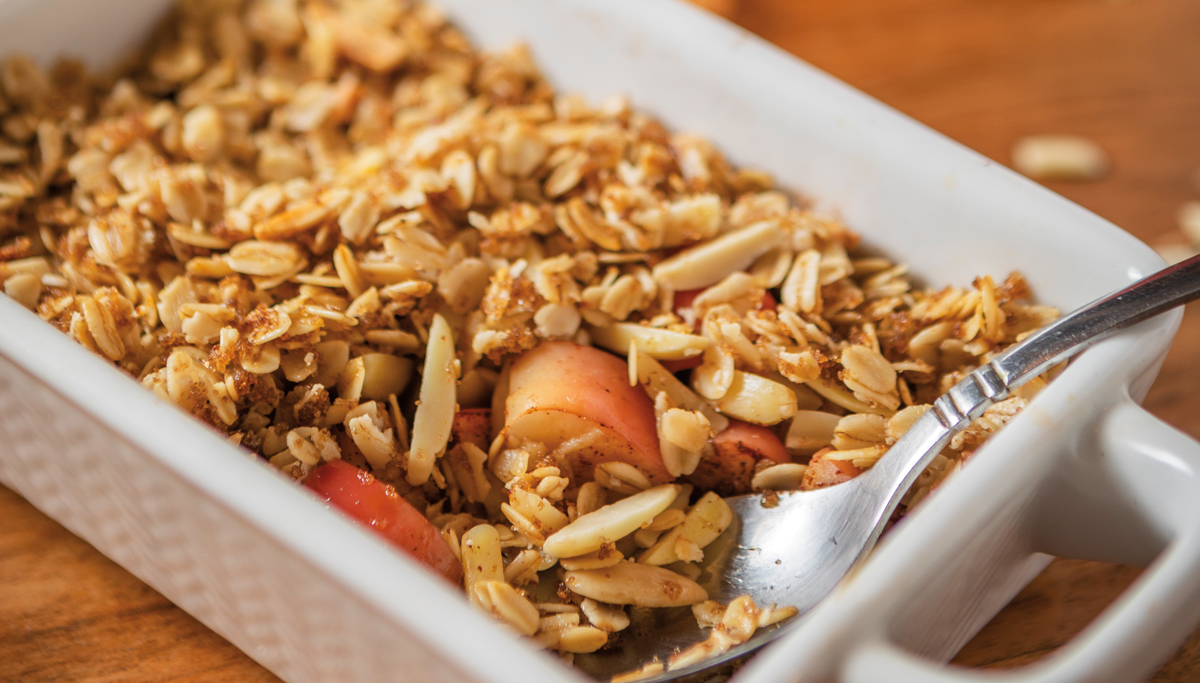1. Stir in a natural sweetener.
Flavor your coffee without harming your teeth
Some like it hot, some like it cold. Some won’t settle for anything less than a fancy high-rise double latte expertly poured by an experienced barista. Others crave nothing more than a simple cup of joe at the local diner.
No matter how you like your coffee, you probably don’t like the idea of getting cavities from all the sugar that’s in the flavored syrups, creamers and the other sweeteners so many of us love to stir into our morning cup.
Here are a few ideas to help you keep the flavor while you fight cavities and tooth decay.
Sugar may taste great in coffee, but it contributes to tooth decay. Other natural sweeteners such as honey, raw sugar, agave and maple syrup may be healthier for your body than refined white sugar, and they may taste great in coffee, but they’re still forms of sugar that can contribute to tooth decay.
Fortunately, there are a number of sugar alternatives that can help you keep your smile in great shape. Here are some natural sweeteners that will flavor your coffee while reducing the harmful effects of sugar:
-

Monk fruit is an all-natural, calorie-free sweetener derived from a Chinese gourd called luo han guo. It tends to be expensive, but it’s incredibly sweet so a little goes a long way.
-

Xylitol is a sugar alcohol found in plants. While it still contains a small number of calories, the amount isn’t nearly as much as sugar, and it doesn’t contribute to tooth decay and increased blood sugar levels. Xylitol is often used as an ingredient in sugar-free gum because it doesn’t contribute to tooth decay; in fact, it can even help prevent it.
2. Add cocoa powder.
Not only does cocoa bring more flavor to coffee, but it’s also full of antioxidants. These antioxidants come with health benefits, such as decreasing your risk of heart disease, improving blood flow for healthy gum tissue and reducing inflammation for lower risk of gum disease. Look for unsweetened 100% cocoa powder for the mocha flavor you crave without the sugary syrup.
To stir cocoa powder into coffee, spoon about a teaspoon (or the desired amount) of cocoa into an empty coffee cup. Pour a tablespoon or so of coffee over the cocoa and stir until the cocoa is evenly dissolved. Now, you can pour the desired amount of coffee into the cup and stir.
3. Sprinkle in cinnamon.
Full of fall flavor, cinnamon is a fan-favorite addition to coffee. It also comes with health benefits like anti-inflammatory properties that can help repair gum tissue. Cinnamon can lower blood sugar, cholesterol and triglycerides in diabetics. Sprinkle cinnamon into your morning coffee for a tasty wake-up that’s perfect for fall. You can even try adding cinnamon to your coffee grounds before brewing to intensify the flavor.
4. Try a different roast.
It’s not just what you add to your coffee, but the bean itself that can make a difference to your oral health. Coffee is acidic, and some types of coffee are higher in acidity than others. To reduce the harmful effects your morning coffee can have on your oral health, try a low-acid coffee with some of the sweeteners and flavorings suggested above, instead of sugar.
Some brands and varieties of coffee are specifically produced and sold as “low acid,” so one of these may be worth a try if you’re looking to cut down on the acidity in your morning cup. In addition, coffee beans grown at low altitude are usually lower in acidity than high-altitude coffee beans.
Some of the popular coffee-growing regions that tend to grow beans with a lower acid content include:
- Sumatra
- Peru
- Brazil
- Guatemala
- Mexico
- Nicaragua
Cold brewing, rather than hot brewing, your coffee is another way to cut down on the acidity in your daily cup.
Protect your teeth while drinking coffee
It’s not just what you add but also the way you drink your coffee that can help you protect your teeth. You can help prevent stains by drinking coffee in one sitting rather than sipping on it throughout the day. And try drinking a glass of water to rinse your mouth and teeth after you have your coffee.
Whichever way you end up taking your coffee, be sure to keep your oral health in mind! Consider brushing after you have your morning coffee, but no matter when you brush, be sure to brush at least twice a day, floss at least once daily and keep up with regular visits to your dentist.
No sugar added — but still sweet
Everyone will love this no-sugar-added, gluten-free, vegan apple dessert!
How your senses affect your oral health
A loss or change in your sense of taste or smell ― particularly after a COVID-19 infection ― can have a serious impact on your teeth and gums.
Make the most of the cooler weather
From sipping coffee to watching football, find something fun to do this fall.









